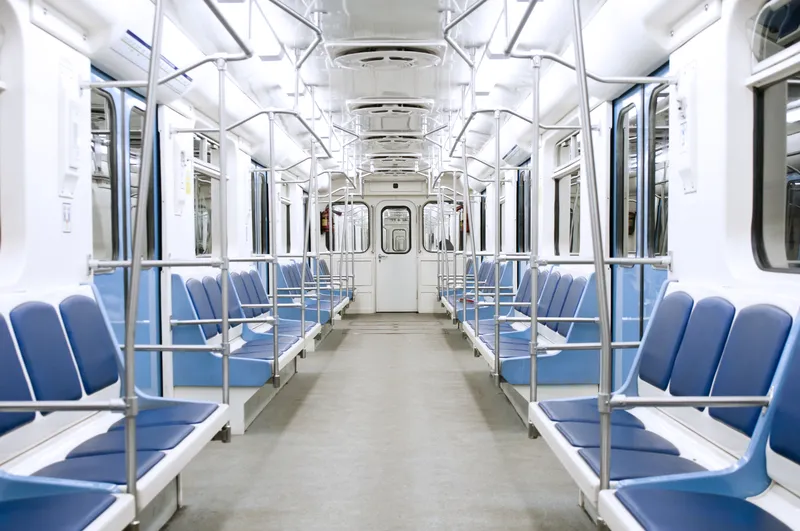Thales India has been appointed by engineering and construction company Larsen & Toubro to provide Communications Based Train Control (CBTC) and Integrated Communications and Supervision (ICS) systems for the Hyderabad Metro rail project, to be implemented on rail lines 1, 2 and 3, covering 72 km of rail and comprising of 66 stations. Thales will design, build, deliver and manage the installation of its SelTrac Communications-Based Train Control solution, which is already in use by more than thirty of the w
December 11, 2012
Read time: 2 mins
Thales will design, build, deliver and manage the installation of its SelTrac Communications-Based Train Control solution, which is already in use by more than thirty of the world's largest cities metro systems, transporting 3 billion passengers each year.
The integrated communications and supervision systems supplied will build on the success of previous supervision projects in India in Delhi, Mumbai, Bangalore and Jaipur. Thales’ comprehensive ICS package includes data transmission, public address, passenger information display, fault reporting facilities, office automation and information technology, CCTV, access control and intrusion detection, master clock, telephony, voice recording and radio tetra systems.
The project will also include around 18.5 million square feet of Transit-Oriented Development (TOD) and is expected to trigger robust economic activity in and around the city and will generate substantial employment. The systems will be deployed in six stages and will cover three key corridors: Miyapur to LB Nagar; Jubilee bus stand to Falaknuma; and Nagole to Shilparaman. Under the integrated coordination of a central control operations facility, trains will operate automatically, with an attendant on board.
“We are delighted to have secured the first CBTC project in India, as this is a landmark contract being the first of its kind in India,” said Eric Lenseigne, vice president, Thales India. “To also have been chosen for the supervision systems, already present for 10 years in the country, proves our strength in delivering complete and fully-integrated high-tech solutions for all aspects of urban railway projects. These key contracts reinforce Thales’ strong presence in high potential growth markets.”







